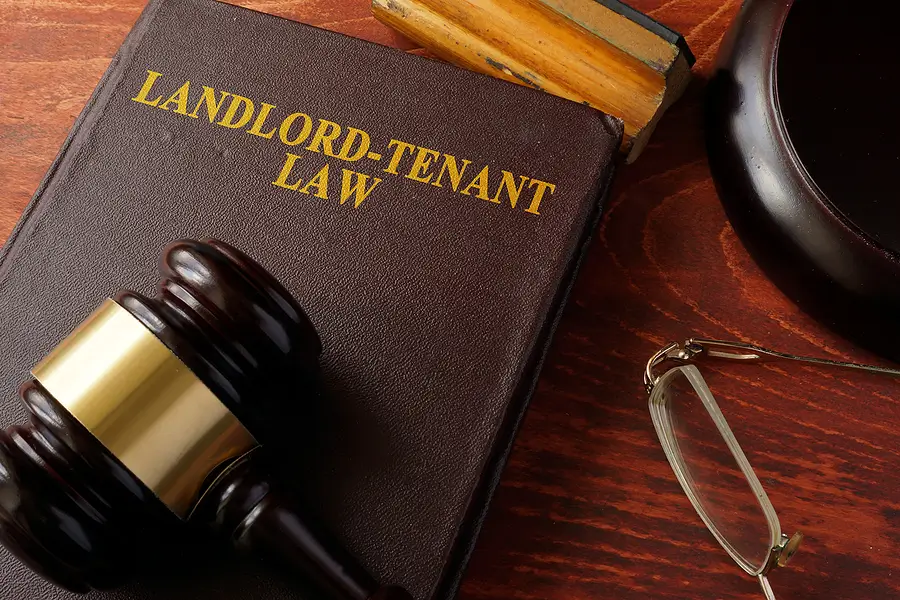Managing landlord-tenant relationships requires a clear understanding of current eviction laws, especially in Washington State. As the housing market and legislation change, staying informed about updates can save both landlords and tenants from costly mistakes. The eviction process in 2024 highlights the importance of compliance with local laws and emphasizes tenant rights, offering insights into how the lease agreement plays a vital role in protecting all parties.
Overview of 2025 WA Eviction Laws
2025 eviction laws in Washington mandate specific notice periods depending on the situation:
Nonpayment of Rent: Landlords must issue a 14-day written notice to tenants, allowing them to pay unpaid rent or vacate before filing for eviction.
Lease Violations: A 10-day notice is required for curable lease agreement violations, such as unauthorized occupants or property damage.
No-Cause Evictions: For month-to-month leases, landlords must provide a 60-day notice to terminate the tenancy without cause.
These notice requirements emphasize transparency and fairness in the eviction process, reducing disputes between landlords and tenants.
Updates to Security Deposit Management
Washington’s new rental laws also include important changes to how security deposits are managed:
Documentation: Landlords are required to provide a signed written checklist of the rental unit’s condition at move-in, to be acknowledged by both the landlord and tenant.
Return Timeline: The deadline for returning security deposits or issuing a statement of deductions has been extended from 21 to 30 days after the tenant vacates.
Prohibited Deductions: Landlords cannot deduct funds for normal wear and tear, providing fair treatment for tenants.
These updates align with state efforts to enhance tenant protections while clarifying landlord responsibilities for rental properties.
Jurisdictional Variations
Richland, WA, may have additional local laws affecting rental property management. Landlords are encouraged to review city-specific ordinances to ensure compliance beyond state mandates. Please note that landlord-tenant laws vary by location.
Steps in the Eviction Process
Managing the eviction process requires strict adherence to both state and local laws:
Written Notice: Serve the appropriate notice based on the reason for eviction.
Documentation: Keep detailed records of communications, transactions, and the lease agreement to support your case.
Legal Support: Consult with a Legal Services Corporation or attorney to ensure compliance with all regulations.
Court Filing: If the tenant fails to comply, file an eviction lawsuit in the appropriate court.
The Role of Rent Control and Lease Agreements
New laws enacting rent control measures in some areas have added complexity to the landlord-tenant dynamic. For landlords, adhering to these measures while creating a solid lease agreement ensures compliance with rental property regulations and reduces legal risks.
For tenants, knowing their rights under written leases can help protect them from illegal actions, such as attempts to evict a tenant without due process.
How Crown Property Management Can Help
Keeping up with ever-changing landlord-tenant laws can be overwhelming. Crown Property Management is here to simplify the process. If you're a property owner needing assistance with understanding Richland’s local laws, managing a rental property, or navigating complex regulations such as rent control, we provide tailored support to ensure your property is managed efficiently and in full compliance.
We also help property owners prepare comprehensive lease agreements and handle tenant-related challenges, from collecting security deposits to addressing the eviction process. Contact Us today to learn how we can help you protect your investment and streamline your rental operations.


